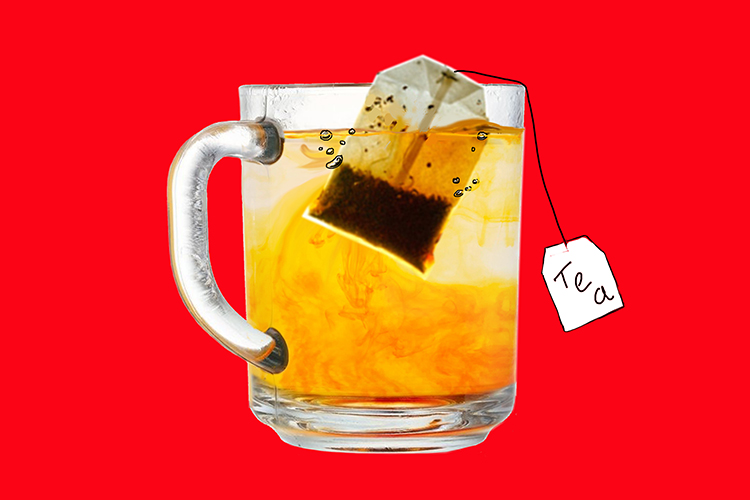What is the difference between intracellular and extracellular?
Intracellular- inside the cell
Extracellular- outside the cell
Explain facillitated diffusion. Does it require ATP?
Using a protein to help move large materials
Give an example of a
Negative Feedback Loop
Positive Feedback Loop
Draw a negative feedback loop and a positive feedback loop. Label.
What is letter D?
Phospholipid.
What does semi-permeable mean?
Only certain things are allowed to enter / exit.
Give an example of passive transport:
1. Diffusion
2. Osmosis
3. Facilitated Diffusion
Why is homeostasis important?
Draw:
Concentration gradient
Against the concentration gradient
What is letter B?
Protein
List the 4 molecules in the cell membrane and what their job is.
1. Carbs- lookout / cell recognition
2. Proteins- move things into the cell
3. Phospholipids- structure
4. Cholesterol- keep the shape
Explain the two types of Endocytosis:
Phagocytosis
Pinocytosis
Phagocytosis-cell eating
Pinocytosis- cell drinking
Give an example of how an animal can maintain its internal body temperature?
1. Evaporative Cooling
2. Behavior
3. Insulation
Draw each type of cell:
Isotonic
Hypertonic
Hypotonic
What is letter I?
Cholesterol
Why is the cell membrane called the fluid-mosaic model?
1. It has a fluid-like movement
2. It is made up of many different parts.
Give an example of Active Transport.
Endocytosis, exocytosis, Sodium-Potassium Pump
What are the 3 types of homeostasis?
2. Thermoregulation
3. Chemical Regulation
Draw a phospholipid. Label the hydrophilic and hydrophobic region.
What is letter G?
A carbohydrate
Draw a simple cell membrane with all of the components.
Explain facilitated diffusion. Does it require ATP?
What is when a protein helps move a large molecule. No ATP
Explain how saltwater vs. freshwater fish maintain homeostasis.
Draw a:
1. Ecotherm
2. Endotherm
1. Cold blooded
2. Warm blooded
 What type of transport is shown and does it require ATP?
What type of transport is shown and does it require ATP?
Diffusion, no atp.
